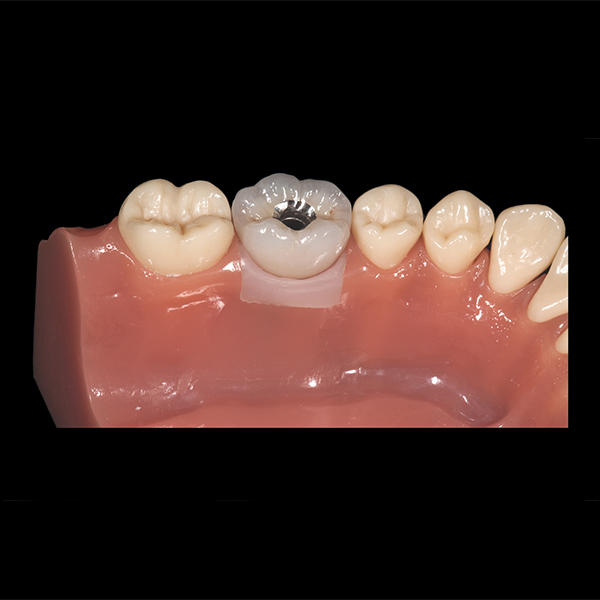An In-depth Exploration of the Time Required for Dental Implants

Dental implants have become an increasingly popular solution for individuals with missing teeth. They offer a long-lasting and natural-looking replacement option, with high success rates. If you are considering dental implants, one of the most common questions you may have is: How long does the dental implant procedure take? In this comprehensive guide, we will take an in-depth look at the various factors that influence the duration of the dental implant procedure.
1. Pre-implant Assessment and Planning
The journey towards dental implants begins with a thorough pre-implant assessment. During this stage, your dentist will examine the condition of your teeth and gums, perform diagnostic tests such as X-rays, and discuss your medical history. This step is crucial in determining the feasibility of the procedure and developing a personalized treatment plan. Depending on the complexity of your case, the pre-implant assessment and planning stage can take one to three appointments.
2. Extraction and Bone Grafting (if necessary)
If you have any damaged or decayed teeth that need to be removed, the extraction process will be carried out prior to the implants placement. In some cases, the dentist may also perform bone grafting to strengthen the jawbone and improve the chances of successful implant integration. The length of this stage varies depending on the number of extractions and the need for bone grafting, usually ranging from a few minutes to an hour.
3. Implant Placement
The actual implant placement is a surgical procedure that involves the placement of titanium posts into the jawbone. This stage is performed under local anesthesia to ensure your comfort. The duration of the implant placement depends on factors such as the number of implants required and the complexity of your case. On average, this stage takes about 1-2 hours per implant.
4. Healing and Osseointegration
After the implants are placed, a healing period is necessary to allow osseointegration to occur. Osseointegration is the process in which the implants fuse with the surrounding jawbone, providing a stable foundation for the prosthetic teeth. This stage typically takes around 3-6 months, allowing sufficient time for the implants to become fully integrated and for the soft tissues to heal.
5. Prosthetic Placement
Once the healing period is complete, the final step is the placement of the prosthetic teeth. This involves creating and attaching custom-made dental crowns, bridges, or dentures to the implanted posts. The prosthetic placement stage usually requires multiple appointments, allowing for precise adjustments and achieving optimal aesthetics and functionality.
Overall, the dental implant procedure is a multi-step process that requires careful planning and time for healing. While the duration varies depending on individual factors, the average time from the initial assessment to the placement of the final prosthetic teeth is approximately 6-9 months. It is important to note that each patient's case is unique, and your dentist will provide you with a more accurate timeline based on your specific situation.
Conclusion
The duration of the dental implant procedure depends on several factors, including the pre-implant assessment, extraction, implant placement, healing, and prosthetic placement. It is a meticulous process that requires time for careful planning and healing. By understanding the various stages involved, you can have realistic expectations and make informed decisions about your dental implant journey. Consult with your dentist for a personalized assessment and treatment plan, as they will be able to guide you through the entire procedure and give you a more accurate timeline.




